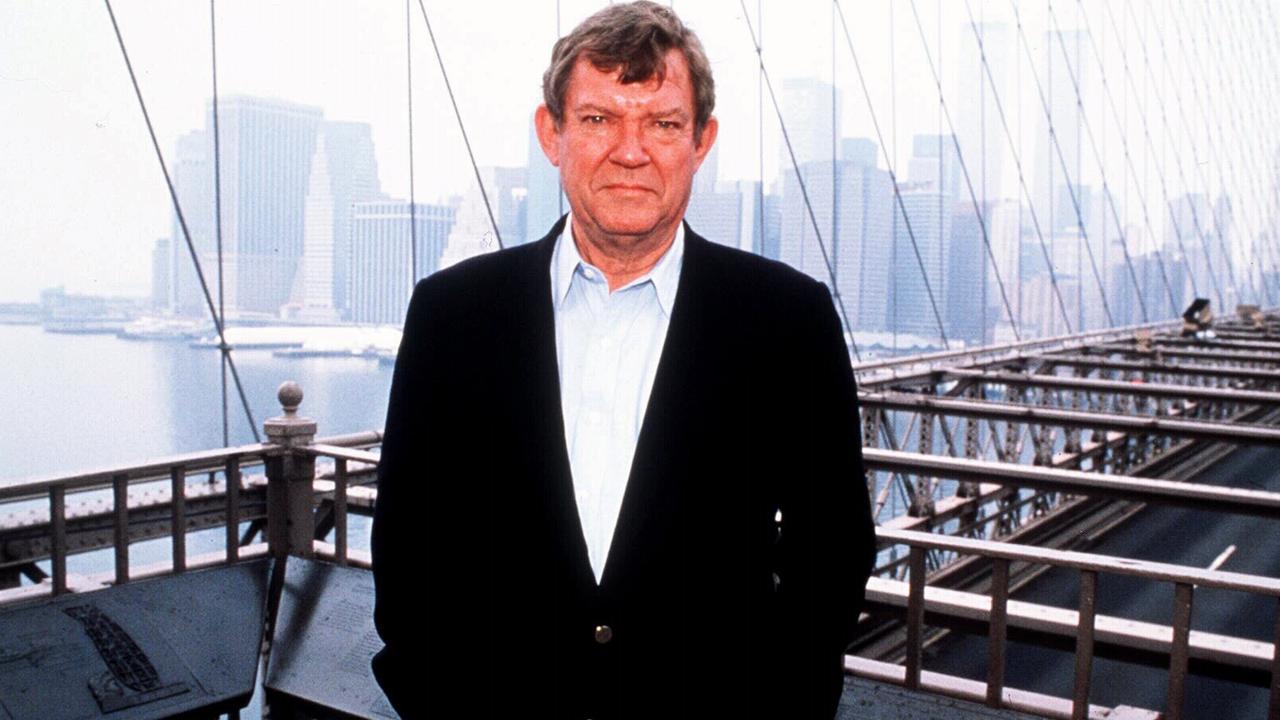The strange life and death of ‘Catwoman’ Jocelyn Wildenstein
The socialite dubbed ‘Bride of Wildenstein’ was known chiefly for her record $US2.5bn divorce settlement and her addiction to plastic surgery.

The rich, of course, are different from us. It’s not merely that they have more money. It’s that no one will say no to them. For Jocelyn Wildenstein, that meant she was known chiefly not for the record $US2.5bn ($4bn) divorce settlement that she won in 1999 from her husband Alec, but for the surgeries which so distorted her face and led her to be dubbed “the Bride of Wildenstein”.
She and the French-born Alec Wildenstein were introduced in 1977 in Kenya by the arms dealer Adnan Khashoggi. He had a ranch close to Ol Jogi that was owned by the fabulously wealthy Wildensteins, the world’s leading dynasty of art dealers.
Alec was smitten and invited Jocelyn, herself an accomplished shot, to hunt a lion with him early the next morning.
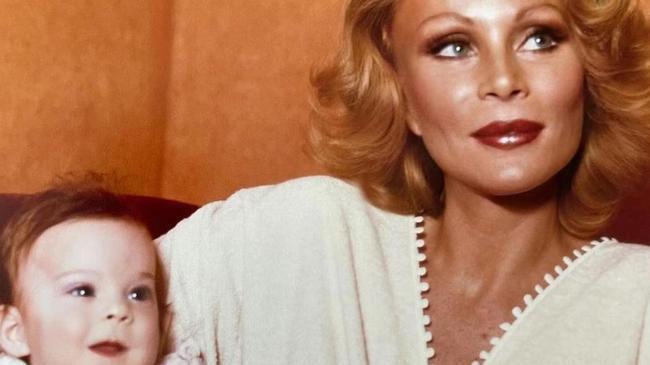
Subsequently, she recalled how their first meal together had been the heart of the lion. Alec then took her on his motorcycle to view Mount Kenya topped with snow, and they exchanged their first, timid kiss. They were the same age, in their late 30s, yet neither was married.
In Alec’s case, that was because he was under the thumb of his father, Daniel. Nevertheless, he and Jocelyn eloped to Las Vegas and married the following year. They held a second ceremony in Lausanne, the Swiss city which was Jocelyn’s hometown. Daniel Wildenstein did not attend.
Even so, the younger Wildensteins moved into the family town house on Manhattan’s Upper East Side, down the street from their gallery. They also had the run of the Chateau de Marienthal, on the outskirts of Paris and reputedly the city’s largest private residence, of a compound in the Virgin Islands, and of Ol Jogi.
The development of its 66,000 acres became Jocelyn’s passion. It expanded to include some 200 buildings, more than 300 employees, 55 man-made lakes and a glass cave where dwelled two tigers. Scenes for the film Out of Africa (1985) were shot there and when Diane, Jocelyn and Alec’s daughter, turned 17, they spent dollars $US3m on building her a colonial-style house.
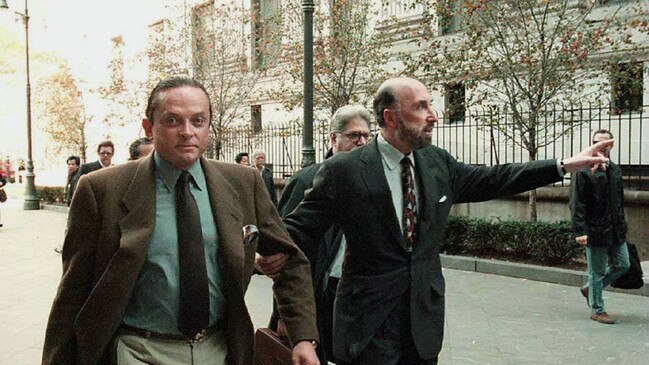
Alec’s passions were the family’s ones of selling art and owning racehorses; his took the Prix de l’Arc de Triomphe and the Gold Cup at Ascot. By 1997, however, it was clear that he had a third important enthusiasm.
His penchant for younger mistresses was no secret, but Jocelyn became tired of his lack of discretion in meeting them. Matters came to a head when she returned home to New York one night to find a naked Russian model in her bedroom. Alec pulled a gun on Jocelyn and her bodyguards, claiming later he thought they were burglars. He was arrested and spent 16 hours in custody.
During the subsequent divorce, both parties traded their version of events in the press. An impenitent Alec (“Do you want me to brag?” he said, when asked about his lovers. “I’m a Frenchman") insinuated that the mother of his children had previously worked as an escort. (His father had introduced him to the Parisian brothel-keeper Madame Claude when he was 15.) Jocelyn denied the allegation: “Well, they have to try to find something against me!”
Her good health had been important to Alec ("I’m an animal breeder") but once their two children were sent away to school Jocelyn became “hysterical” and they bickered constantly. Moreover, she began to resort increasingly to the willing ministrations of plastic surgeons.
The couple had initially gone together to have the bags under their eyes seen to. Thereafter, Alec claimed: “She was thinking she can fix her face like a piece of furniture. Skin does not work that way.” Observers noted how his wife’s face became ever tauter and her features markedly more feline. Some speculated that she wished to resemble one of the big cats of which she was so fond. Others wondered whom she sought to please.
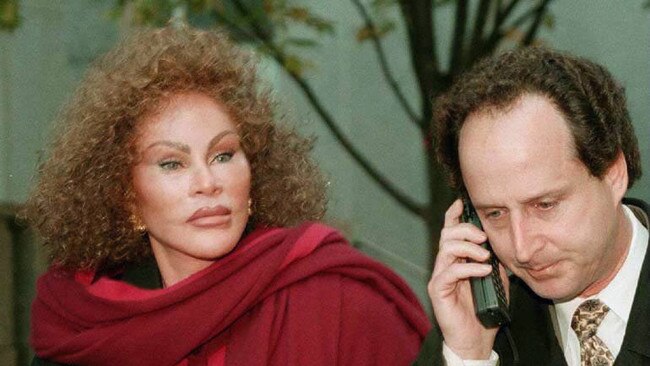
For her part, Jocelyn revealed she and Alec lived at a rate of $US1m a month. He did not demur if she dropped $US350,000 on a dress or $10m on jewellery (her five Italian greyhounds wore leashes from Chanel). So cosseted was she, that she did not know how to turn on the oven in the kitchen. This was more of a problem now the Wildensteins had told the servants in the house – where she was still living – to ignore her.
Yet perhaps it was what Jocelyn knew but had not said about the Wildensteins’ affairs that persuaded Alec, who at first claimed that he had no assets as everything belonged to his father, to agree in April 1999 to a colossal settlement.
There had been rumours for decades about the source of much of the Wildenstein wealth. The business had been founded in the late 19th century by Daniel’s grandfather but had prospered still further in the post-war years. It was suggested the family’s representatives had continued to trade with the Nazis in Occupied France and that their vaults held art seized from their fellow European Jews.
The firm operated in conditions of the utmost secrecy, but Jocelyn appeared to allude in interviews to their owning lost masterpieces. Speculation numbered among these an unknown Vermeer. By virtue of having compiled numerous catalogues raisonne, for instance for Claude Monet, the Wildensteins had a virtual monopoly on authenticating paintings by many French artists.
Although no details of the divorce settlement were given, it was widely reported that as well as the $US2.5bn lump sum, Jocelyn was to be paid $US100m for each of the next 13 years. “They will live happily ever after – but separately,” quipped Alec’s lawyer.
Judge Marilyn Diamond supposedly ruled the money could not be used to fund more surgeries. Even so, wrote one US newspaper, Jocelyn looked “like the cat that had swallowed the canary”.
She was born Jocelyne Perisset – the final “e” disappeared in the Anglophone world – in 1940 in Lausanne. Her father, Armand, sold sporting goods in a department store while her mother, Liliane, who had been a model, worked for a law firm.
The family was middle class if not well-off, and she recalled as a child being taken to see art in galleries and museums. She became fascinated by Africa and its wildlife from the age of six after being given a book with pictures of elephants and buffaloes.
Photographs show a gamine, leggy teenager with naturally high cheekbones and almond-shaped eyes. At 17, she began a relationship with Cyril Piguet, a film producer, and two years later moved to Paris. There, she said: “I began meeting exciting, glamorous people.” She subsequently took up with another film-maker, Sergio Gobbi.
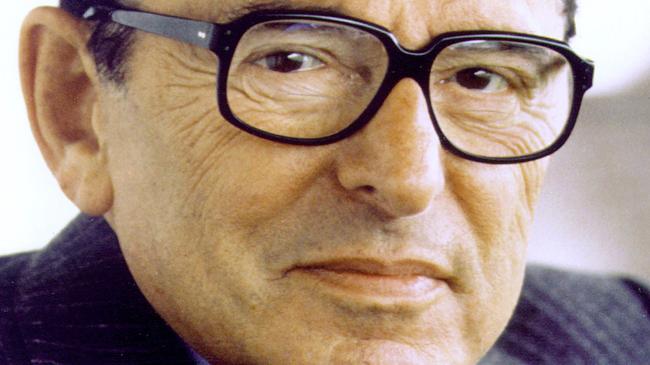
Daniel Wildenstein died in 2001. Alec inherited half of a fortune estimated at $US10bn, but himself died of cancer in 2008. Three years later, his brother Guy was charged by the French authorities with concealing stolen art and evading inheritance tax to the tune of hundreds of millions of euros. Although he was acquitted several times, in 2021 France’s highest court sent the case back for re-trial again.
The legal proceedings revealed that in 1998 Daniel had valued the 2,500 works of art the family held at $US1.1bn, raising questions about their true wealth. Testimony also showed that both Daniel’s and Alec’s widows felt they had been cheated out of what they should have inherited.
The judge observed that women seemed to fare badly at the hands of the male members of the family. Jocelyn and Alec’s son, Alec Jr, who runs Ol Jogi, was charged along with his uncle in the tax fraud case. Their daughter Diane, who lives in London, has continued the family tradition of breeding horses. According to their mother, both were estranged from her.
Jocelyn herself kept a low profile until 2016, when her companion of a dozen years, Lloyd
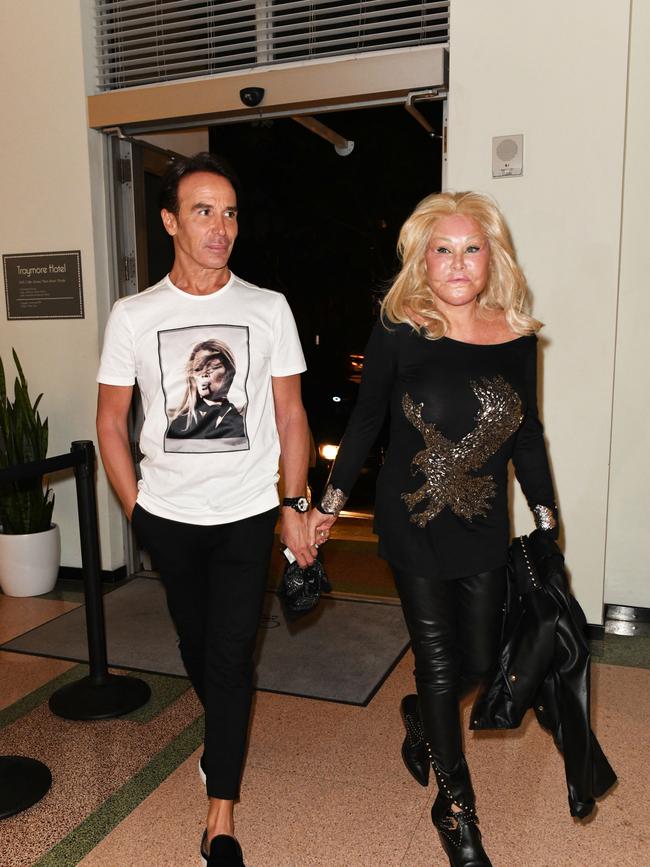
Klein, a fashion designer, alleged she had slashed at him with scissors during a row. He was then arrested when another altercation occurred after he went to collect his possessions from her house.
The two made up, however, and in 2023 Klein imparted to the press the startling news that Jocelyn had run out of money. In subsequent interviews, in which she insisted improbably that she had never had surgery on her face, Jocelyn said she had last received payments from the Wildensteins in 2015.
Three apartments she owned in Trump Tower had been seized to cover her debts, and Klein claimed she did not have a penny to her name. No explanation was offered as to what could have happened to her fortune, but the solution to her dilemma was the contemporary one of appearing in her own reality television show.
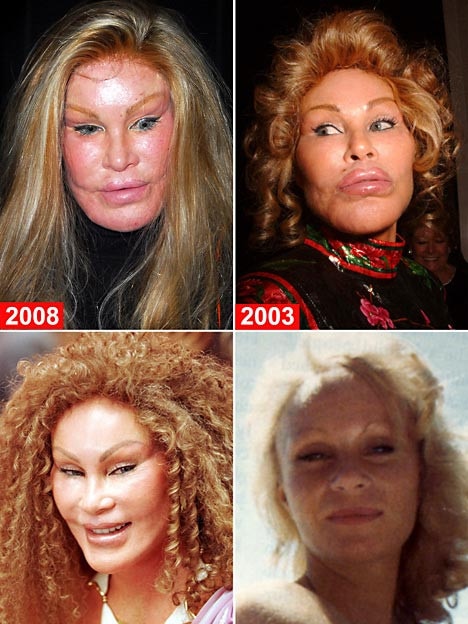
The cause of her grotesquely indulged addiction, although certainly psychological in origin, remains unknown. Its consequences are clearer.
“Here was a man … who was so vilely deformed that everyone he met confronted him with a look of horror and disgust,” wrote the surgeon Frederick Treves in 1923 of John Merrick, the Elephant Man. “A panic-dazed dog … would have received some sympathy and possibly some kindness.”
- Jocelyn Wildenstein, socialite, was born on August 5, 1940. She died of pulmonary embolism on December 31, 2024, aged 84
The Times



